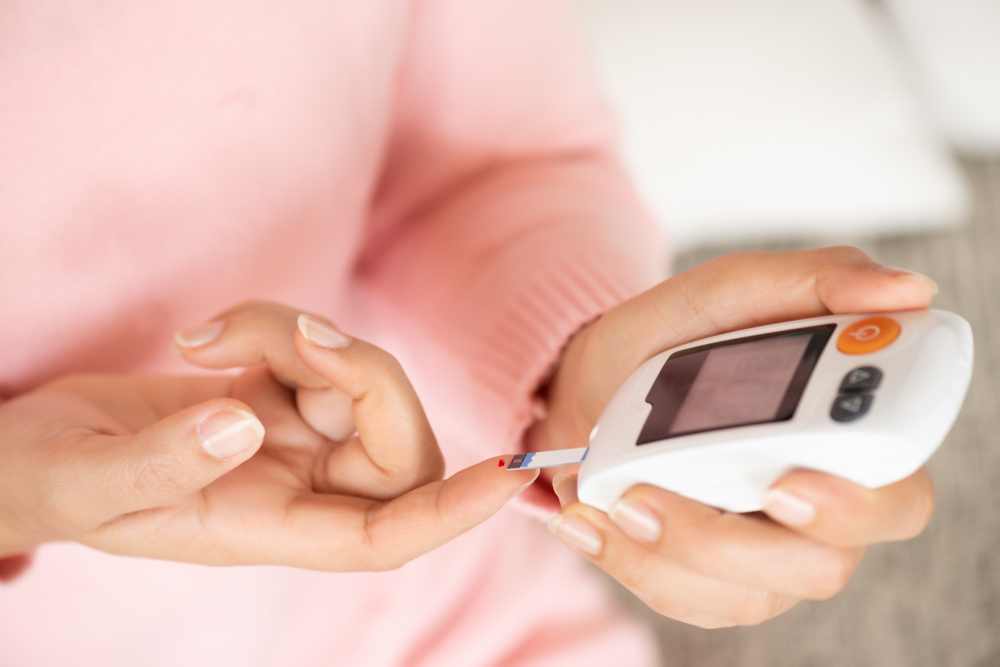Around 9 percent of women develop resistance to insulin during pregnancy, called gestational diabetes. A total of 40 lakh Indian women develop gestational diabetes with no history of diabetes in the past. Women suffering from gestational diabetes have a higher risk of developing type 2 diabetes in life. But you will be happy to know that there is one thing that can lower this risk – breastfeeding.
Women suffering from diabetes are encouraged to breastfeed their babies as breastfeeding may help lower blood glucose levels.
Breastfeeding is the best way to care for a baby and to create that mother-child bond. Breastfeeding reduces the chances of developing various health conditions in women including osteoporosis, rheumatoid arthritis, heart disease, type 2 diabetes, post-pregnancy weight loss, breast cancer, uterine cancer, and ovarian cancer.
Not just the physical advantages, breastfeeding also plays an important role in managing anxiety post-childbirth. Breastfeeding releases happy hormones called oxytocin, which uplifts a mother’s mood and lowers the risk of depression post-childbirth in new moms.
How breastfeeding can affect diabetes management and blood sugar?
Breastfeeding is one real workout for new mothers. It also helps suppress the return of periods (menstruation) and is relaxing. The reduced stress can also improve control of blood sugar level and a woman’s quality of life after childbirth.
When the baby begins to breastfeed first, some women with diabetes may experience low blood sugar. Thus, it’s best to keep glucose nearby while nursing the baby.
Breastfeeding with diabetes can be challenging as women can develop inflammation in their breasts, the condition is called mastitis. Mothers should ensure to feed their babies from both breasts to avoid developing inflammation of breasts.
These women must also keep a check on their blood sugar levels. Increased blood sugar can affect milk quality. It can also affect one’s ability to produce milk.
Effects of breastfeeding on newborns
For neonates, breastfeeding offers them protection against both undernutrition and overnutrition during early childhood. It can also reduce the risk of obesity, hypertension, diabetes, and cardiovascular disease later in life.
How breastfeeding can lower blood glucose levels?
Breastfeeding helps lower blood sugar levels by utilizing glucose from the blood to produce breast milk. It lowers blood sugar levels by burning extra calories, which increases insulin sensitivity.
Ways to ease breastfeeding experience in women with diabetes:
– Have a snack before or while breastfeeding
– Monitor blood sugar levels at least once a day
– Keep an emergency snack, like a pack of biscuits or a fruit nearby while breastfeeding the baby
– Avoid taking stress and check of inflammation in the breast
– Stay hydrated
![]()











